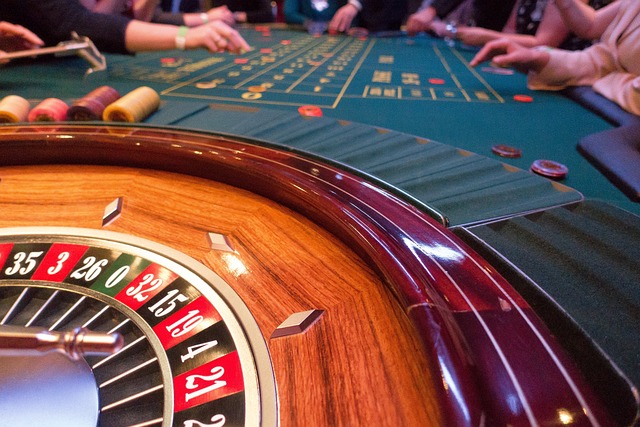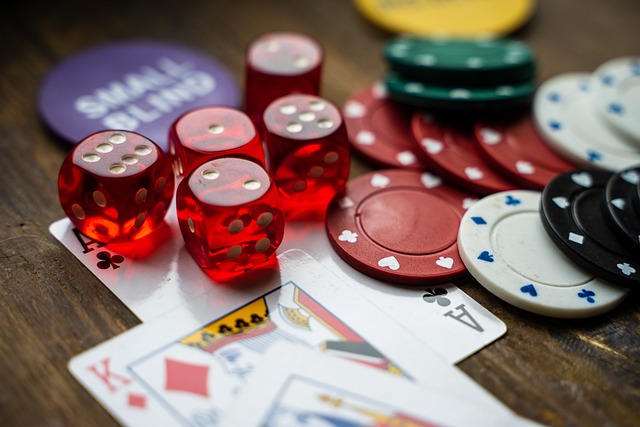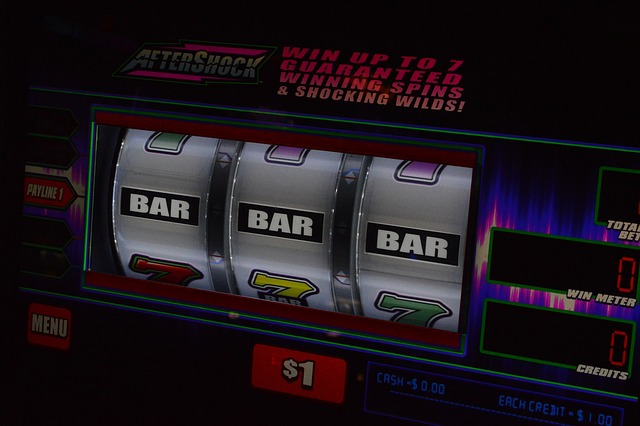Gambling – a topic that causes fascination and drama not only in the real world, but also in the world of literature. In this article, we take a look at some of the most notable literary works in which casinos and gambling play a central role. These works range from classic novels to contemporary literature and provide a deep insight into human nature, conflicts and passions that surround gambling.
1. “The Gambler” by Fyodor Dostoyevsky
Let’s start with Fyodor Dostoyevsky’s novel The Gambler. This work, published in 1867, is based in part on Dostoyevsky’s own experiences with gambling. The protagonist, Alexei Ivanovich, a young tutor, falls into gambling in the hope of solving his financial problems and winning the love of a woman. The casino scenes in The Gambler are intense and show the psychological dynamics of gambling. Dostoevsky shows how play is not only a means of making money, but also an escape from reality and a way to express passion and obsession.
2. “Casino Royale” by Ian Fleming

Another famous example is Ian Fleming’s “Casino Royale”, the first novel in the James Bond series, published in 1953. In this book, the famous secret agent faces off against the villain Le Chiffre in a luxurious casino. The casino scene is not only a fight for money, but also a psychological duel between good and evil. Fleming’s detailed descriptions of the game of baccarat and the atmosphere of the casino provide an exciting glimpse into the world of high-stakes gambling.
3. “Molly’s Game” by Molly Bloom
In contemporary literature, Molly Bloom’s Molly’s Game, published in 2014, offers a different perspective on gambling. This autobiographical book tells the story of Molly Bloom, who organized exclusive poker tournaments for rich and famous people. Bloom’s book offers a look into the world of underground poker and shows how gambling can serve as a form of power and control.
4. “The Angel’s Game” by Carlos Ruiz Zafón

Carlos Ruiz Zafón’s The Angel’s Game, a 2008 novel, offers a fascinating depiction of gambling, albeit in a more metaphorical sense. The protagonist, a writer, takes a dangerous gamble that changes his life. Zafón cleverly weaves the theme of gambling into a story about fate, love and loss.
5. “Fear and Loathing in Las Vegas” by Hunter S. Thompson
Hunter S. Thompson’s cult book “Fear and Loathing in Las Vegas”, published in 1971, is a wild journey through the world of excess in which gambling also plays a role. Thompson’s semi-autobiographical protagonist undergoes a series of psychedelic adventures in the casinos of Las Vegas that portray gambling as part of a larger picture of decadence and decay.
The representation of gambling in literature offers a rich range of interpretations and perspectives. It is a reflection of human nature, a window into our fears, hopes and obsessions. In literature, the casino becomes the setting where characters and fates collide, providing a fascinating look at the complexity of human life.
